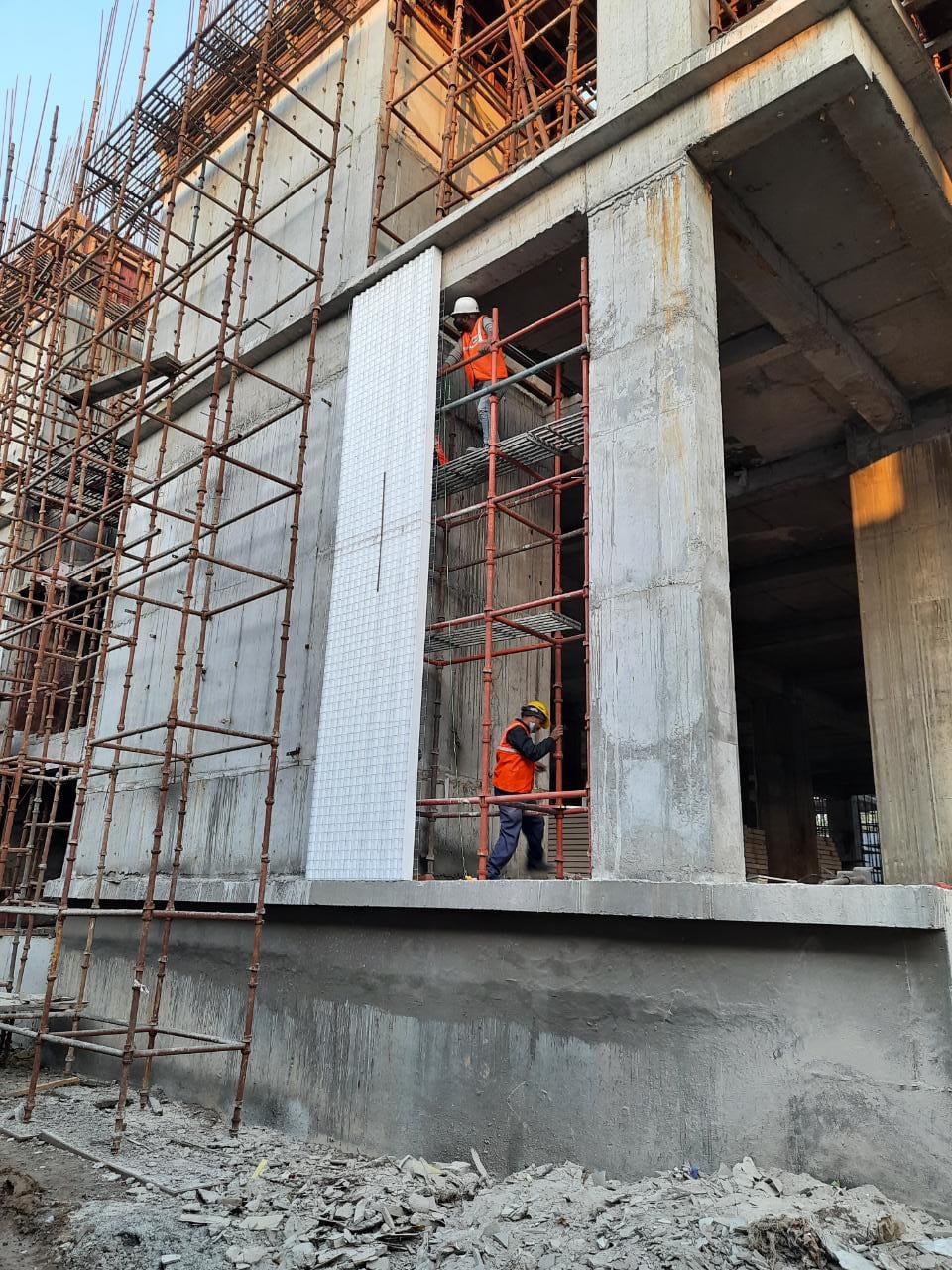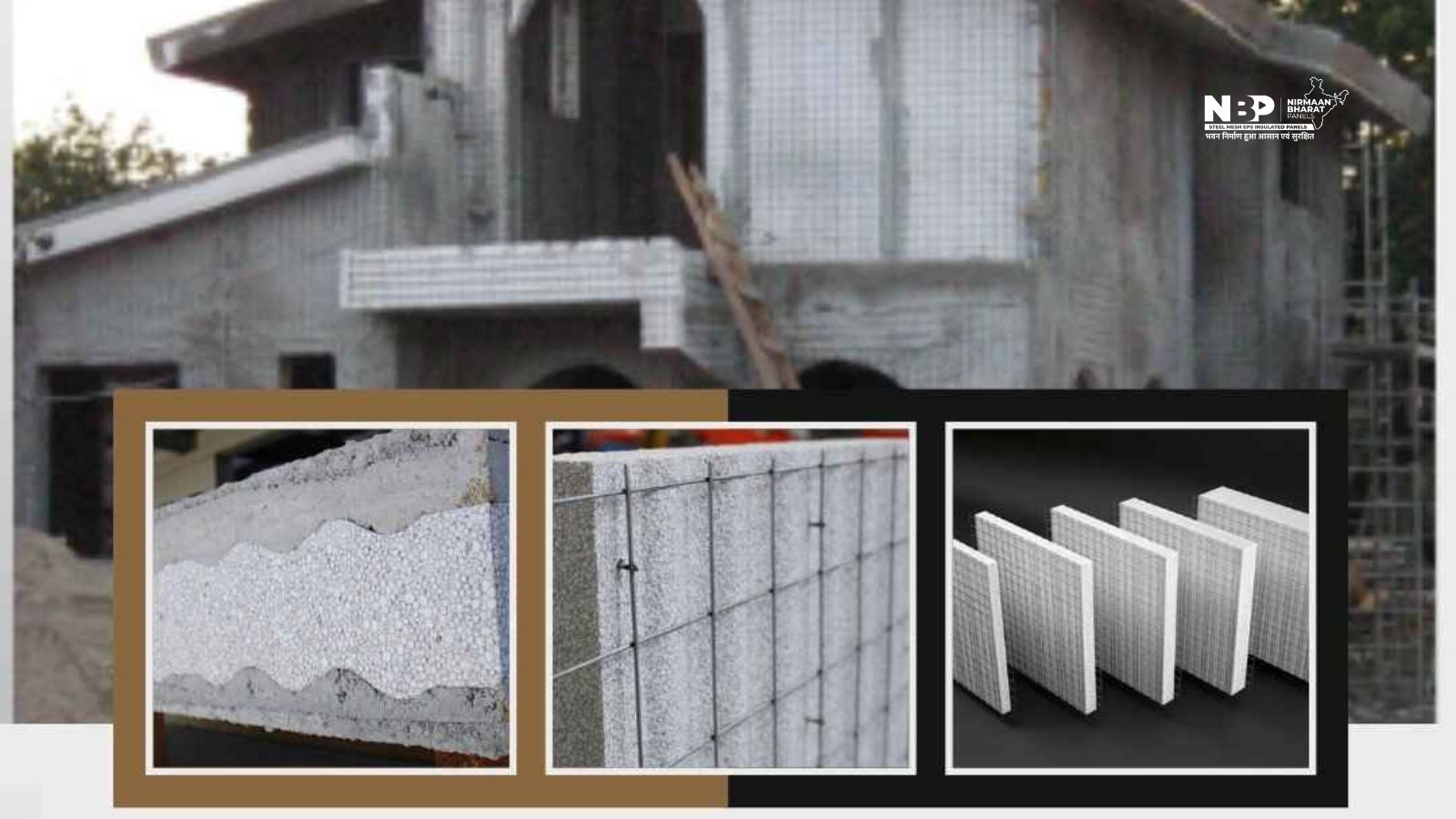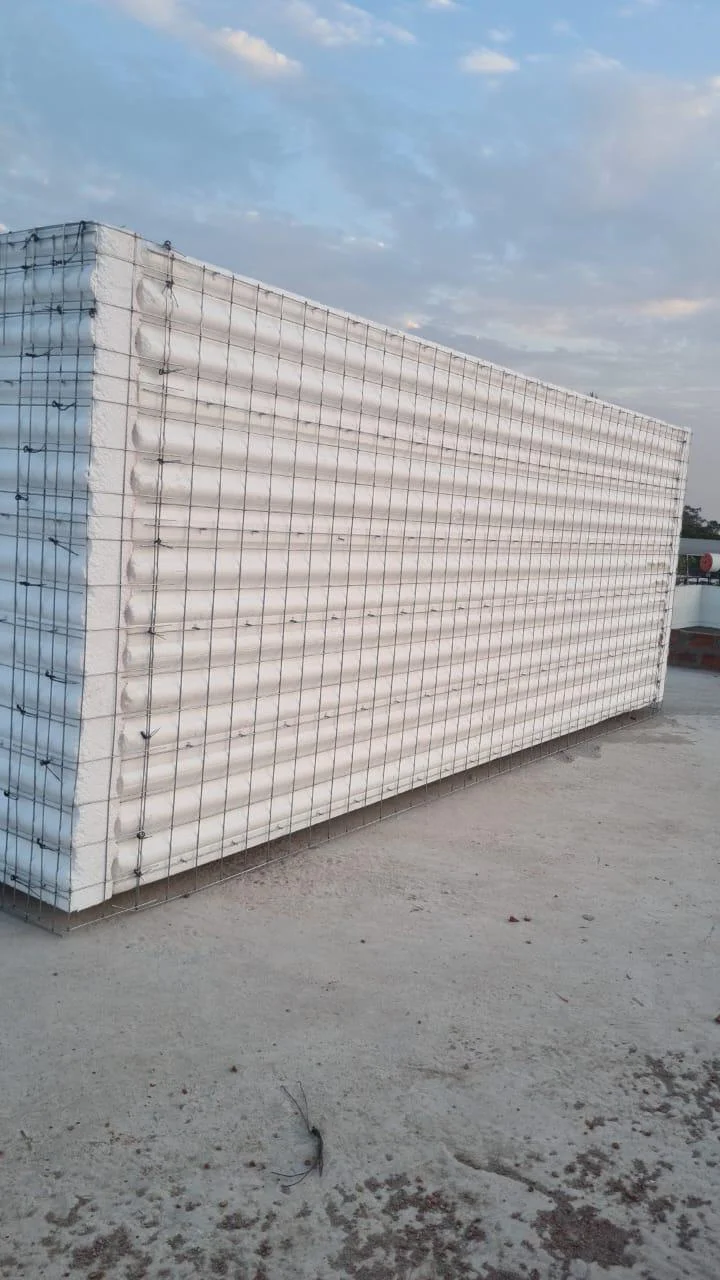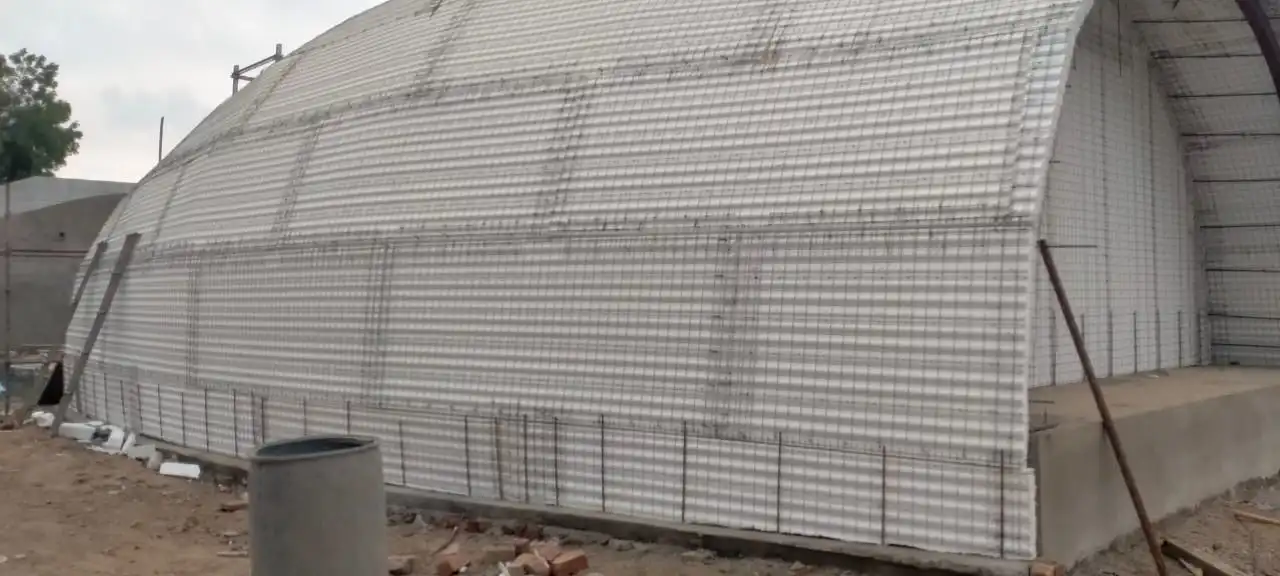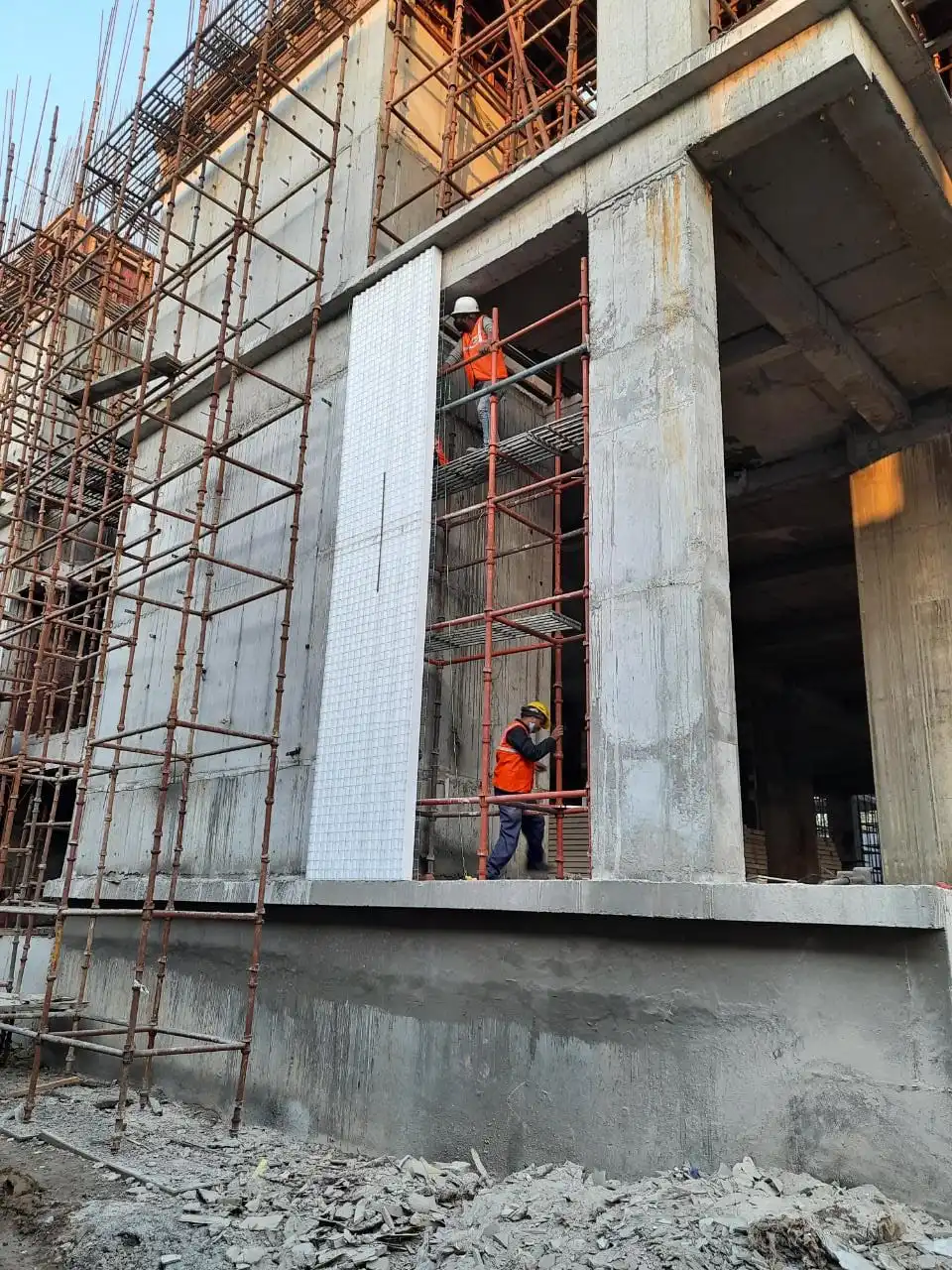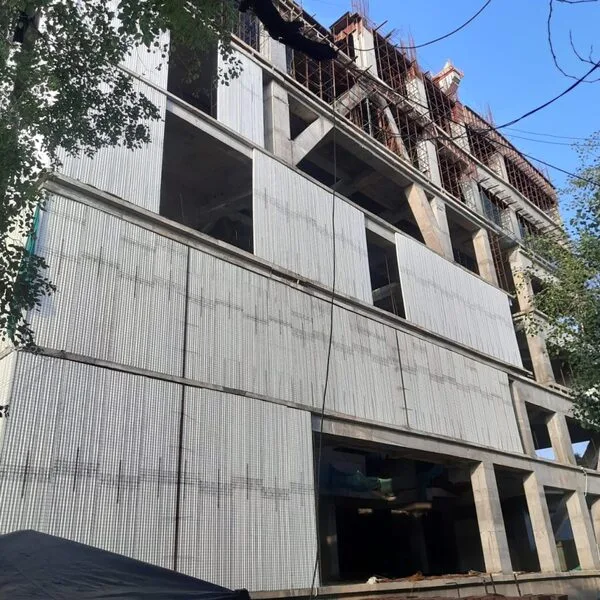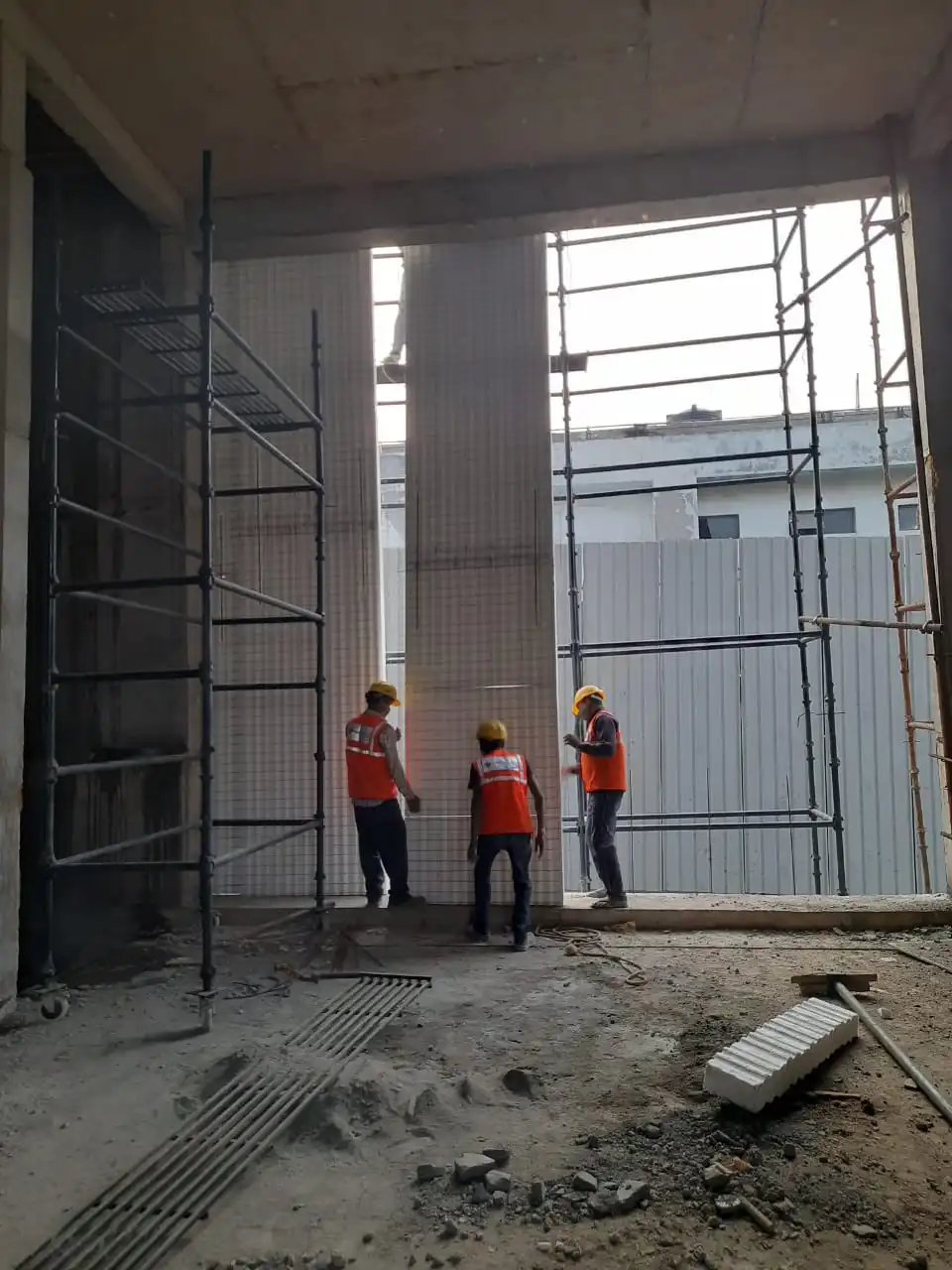Expanded Polystyrene (EPS) panels are revolutionizing the construction industry with their exceptional insulation properties and versatile applications. In this comprehensive guide, we will delve into the secrets of EPS panels, exploring their composition, benefits, and various uses.
Table of Contents
ToggleUnderstanding EPS Panels:
EPS panels are made from expanded polystyrene, a lightweight and rigid plastic foam. The manufacturing process involves expanding small beads of polystyrene with steam, creating a closed-cell structure that provides excellent thermal insulation. These panels are then molded into various shapes and sizes, making them adaptable to diverse construction needs.
Key Benefits of EPS Panels:
Thermal Insulation:
One of the primary advantages of EPS panels is their outstanding thermal insulation properties. The closed-cell structure traps air, preventing heat transfer and making EPS panels highly effective in maintaining indoor temperatures.
Energy Efficiency:
Due to their insulation capabilities, buildings constructed with EPS panels require less energy for heating and cooling. This not only reduces energy bills but also contributes to a lower carbon footprint.
Lightweight and Durable:
EPS panels are remarkably lightweight, making them easy to handle and transport. Despite their lightness, they are durable and able to withstand various weather conditions, making them an ideal choice for both residential and commercial construction.
Versatility:
EPS panels are versatile in terms of design and application. They can be used for roofing, walls, flooring, and even as decorative elements. The versatility of EPS panels allows architects and builders to explore innovative designs while maintaining energy efficiency.
Cost-Effective:
The affordability of EPS panels makes them an attractive option for construction projects. Their low production costs, coupled with long-term energy savings, contribute to a cost-effective building solution.
Applications of EPS Panels:
Residential Construction: EPS panels are commonly used in residential construction for walls and roofs. The insulation properties help create energy-efficient homes, providing comfort to occupants and reducing energy consumption.
Commercial Buildings:
Many commercial structures benefit from the versatility of EPS panels. From office buildings to warehouses, the lightweight yet durable nature of these panels makes them suitable for a wide range of applications.
Cold Storage Facilities:
The exceptional insulation provided by EPS panels makes them ideal for cold storage facilities, such as warehouses and refrigerated rooms. They help maintain consistent temperatures, preserving the quality of stored goods.
Prefab Construction:
EPS panels are popular in prefabricated construction due to their ease of assembly and lightweight nature. Prefab structures utilizing EPS panels are not only quick to build but also environmentally friendly.
Conclusion:
In conclusion, EPS panels are unlocking a new era in construction by offering a combination of insulation, versatility, and cost-effectiveness. As builders and architects continue to explore innovative ways to enhance energy efficiency in buildings, EPS panels stand out as a sustainable and efficient solution. Whether used in residential, commercial, or industrial projects, these panels are poised to play a pivotal role in shaping the future of construction.


